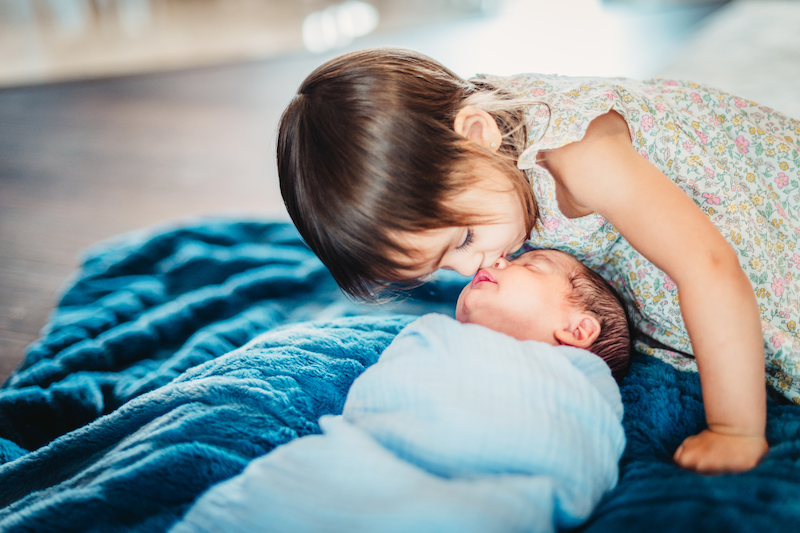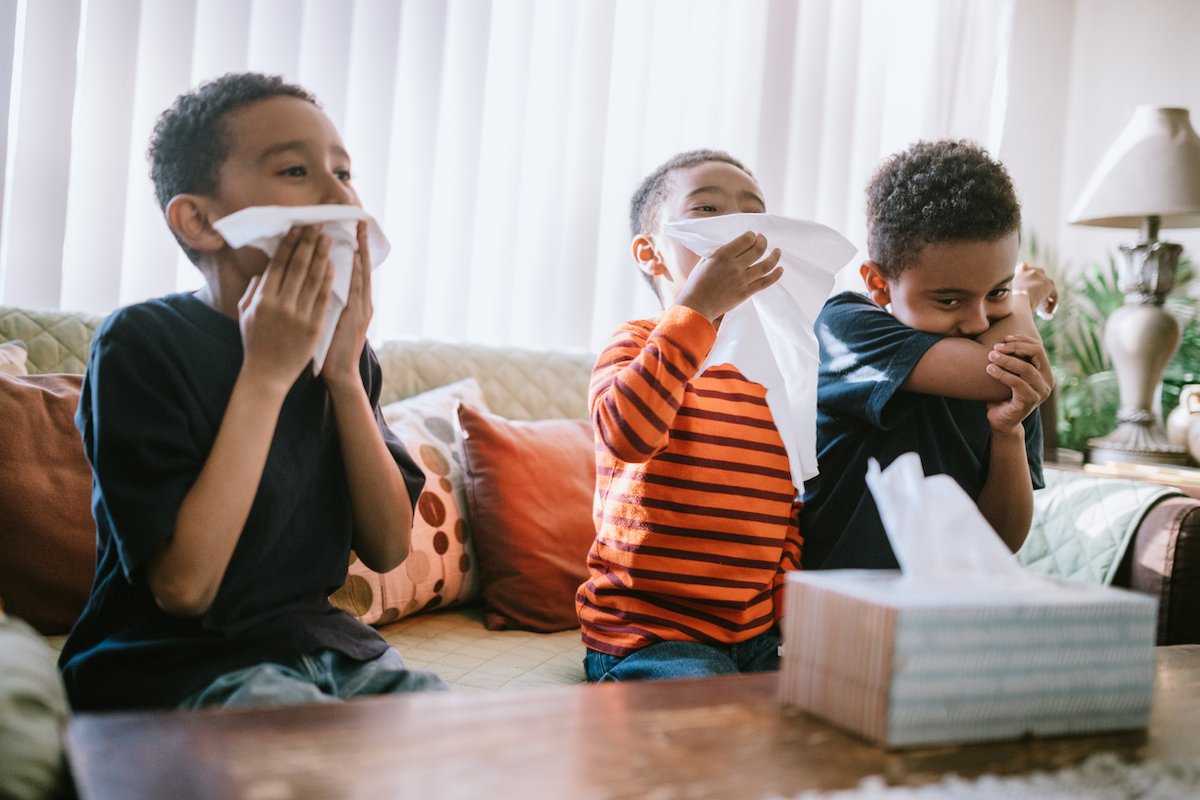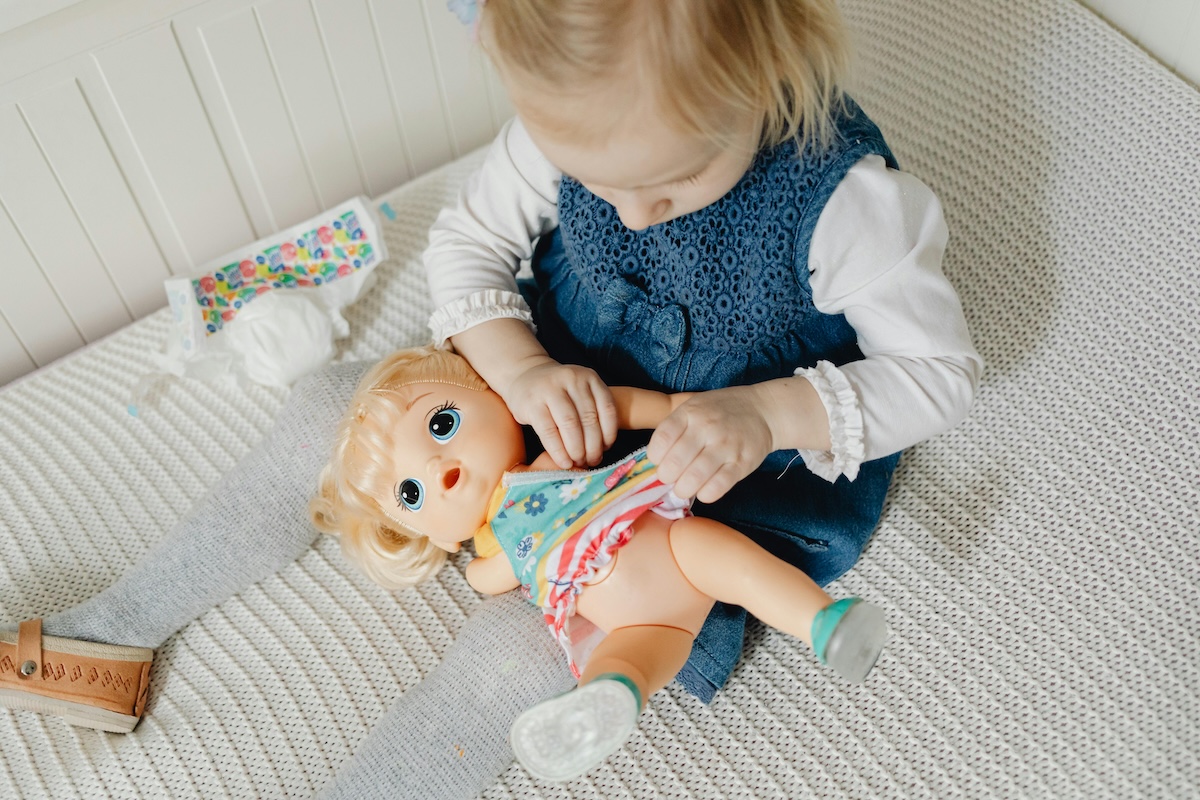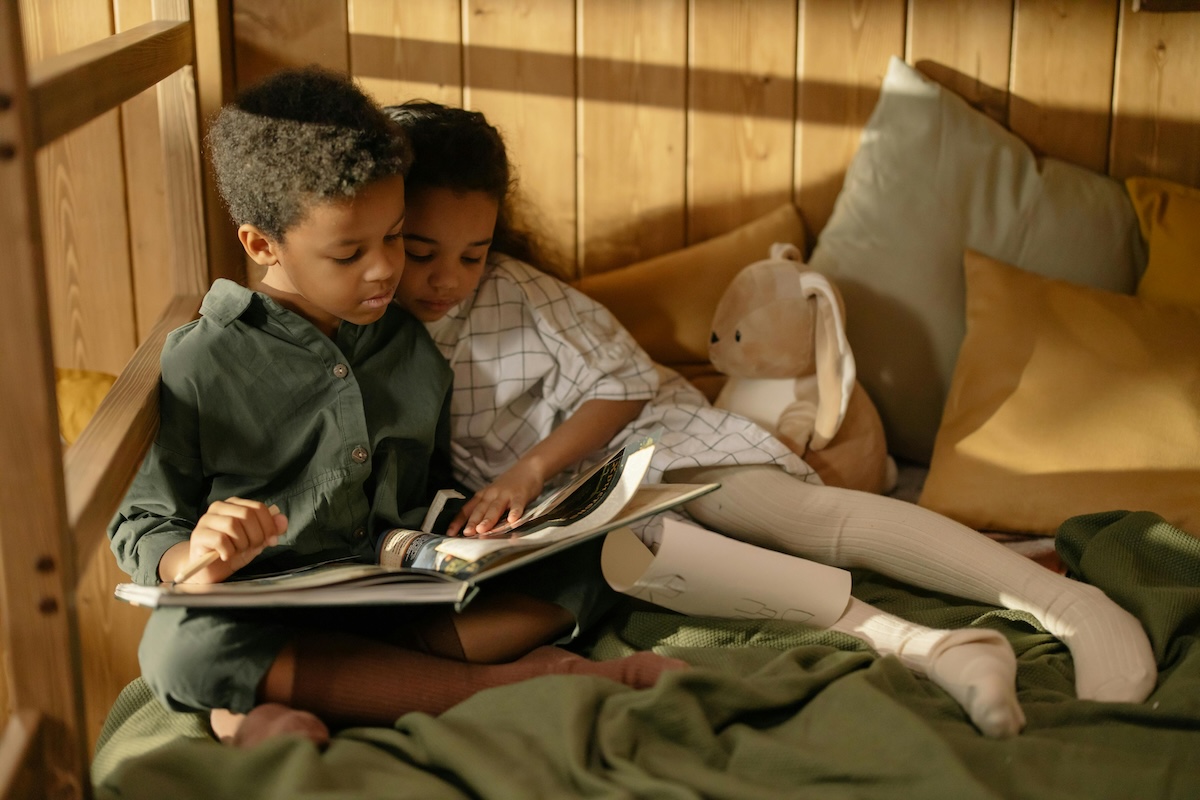If you decide to have a second child, chances are you’ll be doing it when your first one is a baby or toddler. Across all age groups in the US, 80% of second births are within 48 months of the first birth. For people whose first birth is after the age of 30, this is 90%.
Based on statistics, then, a lot of toddler parents are going to find themselves wondering what to do when introducing the possibility (and then the reality) of a new sibling. Are there things you should and shouldn’t do, and is there any good way to smooth this out?
A quick note: we’re focusing here on what to do when you know a sibling is coming. A second common question is how to think about the ideal birth spacing or even whether to have more kids at all.
I’m pregnant. When (and how) should I tell my child?
There is no one answer to the question of when to tell your child you’re pregnant, and it likely depends a lot on your individual child and on their age. If your first child is 15 months old, they may not really understand the concept of a new baby at all. If they’re 4, they probably will. Some kids may have been asking for years for a baby sister or brother; others may have told you they hope one never comes.
When deciding the right timing for telling a child, there are a few considerations. The first is the possibility of loss. Miscarriage is sadly common, especially in the first trimester, and telling a child very early in the pregnancy carries the risk of having to tell them about loss. This isn’t necessarily something you want to avoid, but it is worth considering.

A second consideration is a child’s concept of time. For a 2-year-old, 6 months from now is approximately infinity. If you tell them you’re due in March, and it’s now October, you are likely to field the question “Is the baby coming today?” for many months. A corollary of this is that small children may not need much notice since “A baby is arriving in four days” may be approximately the same to them as “A baby is arriving in four months.”
When you do choose to tell your child, it’s worth planning the conversation the way you’d plan any (even slightly) difficult conversation and setting your expectations about their reactions. Here are some tips.
- Pick the time and moment. I talked above about when, but picking the right moment within the right time frame is also useful. The car is a good one for a lot of kids since it’s quiet and there isn’t much to do. There are many good possible moments and some less-good ones (like right before bed, when none of us are at our best).
- Start simple and scripted. “We have some exciting news! You’re going to be a big brother/sister.” There is not much need to say more than this at the start. In this opening, it’s good to avoid too much context or explanation.
- Do not expect any specific reaction. Your kid may say nothing. They might say, “Okay,” and go back to playing. They might ask a billion questions (“How did the baby get in there?”). You can’t predict, and you should not infer anything from this. If your kid doesn’t act over-the-moon excited, it does not say anything about their character or how they will react over time.
- Expect follow-ups. Kids take time to process things, and they often have more questions later when you least expect it. So be ready (yes, also for that question about how the baby got in there).
The baby will be here soon. Should I prep my child?
Kids like consistency and knowing expectations; this is one of the primary evidence-based tenets of any behavior modification system, for example. By extension, the core way to prepare your child for this is to simply run them through what is going to happen, probably many times. To the extent you can, let them know what you expect to happen when the baby arrives (who will come to watch them while you’re at the hospital?) and then once you’re home. Will an important part of their routine change (like who does their bath?)
By working this out in advance, you give your child a chance to ask questions and set their expectations in a less stressful moment. It’s probably also good for you — adding a child means adding logistics, and you probably do need to figure out how the bath will still happen.
People sometimes also suggest that you do a little practice — commonly, the suggestion is to use a doll to kind of gauge a child’s reaction to a new baby. In principle, the doll might do two things. It might help your child get used to the idea of a sibling, and it might help you predict how they are likely to react to their sibling.
On the second point, though, the data is not on your side. The (one) helpful study looked at how children reacted to a doll prior to the birth of a sibling and then, once the sibling was born, looked at how children reacted to their siblings. The reaction to the doll was completely non-predictive of the sibling interaction. Your kid might like the doll, but if they put slime on its head and pull its arm out, you shouldn’t worry that they’ll do the same to their brother.
I really want my children to like each other. Is there anything I can do?
There is no strong evidence for what you can do to make your children really like each other, either as children or adults. Some of this is going to be about what kind of people they grow up to be, who they marry, etc. Nothing you do as a parent is going to guarantee your children will grow up to be best friends. Having children close in age or farther in age does not play a role.
Research does have a couple of pieces of guidance. First, there is one big thing that research says not to do, which is to pit your kids against each other in a comparison fight. Things like “Sally got all A’s in school; why didn’t you?” Or even “Why can’t you be a good vegetable eater like Nico?” This type of comparison doesn’t produce the outcomes you want and pits kids against each other.
Second, there is some evidence that helping families manage sibling conflict can improve how the family functions. More Fun with Brothers and Sisters is a free, evidence-based program that targets families with two children between 4 and 8.
Closing thoughts
I want to end by sharing something many people have told me surprised them when they had a second child. This thing is grief. Especially moving from one child to two, there is an inevitable loss of time with the first child. And even amidst the joy of a second, there is some natural grief at this loss. People find this surprising and also often feel shame, as if this means they are not joyful. However, you can hold both joy and grief at the same time. If this is you, you’re not alone.
The bottom line
- There’s no one-size-fits-all answer, but it’s best to tell your child about your pregnancy based on their age, understanding of time, and emotional readiness. It may be helpful to plan the conversation the way you’d plan any difficult conversation and appropriately set your expectations about their reactions.
- To help your child prepare, walk them through what to expect — especially any changes to their routine — and do it more than once; repetition helps.
- You can’t force your kids to be best friends, but one thing that really helps is avoiding comparisons between them, which tend to create competition rather than closeness.
- It is completely normal for parents to experience the grief of an inevitable loss of time with the first child when you add a new baby to the mix. It’s nothing to be ashamed of; you can hold both joy and grief at the same time.





















Log in
When my daughter was born a month ago, my husband and I each went through a grieving process for our previous family structure. It was, perhaps surprisingly, much more intense for my husband, perhaps because he had been particularly close to my four-year-old son during my pregnancy, and also because his connection to our infant was more tenuous during those first few weeks when she cried if I wasn’t holding her. Most notably, though, my son also seemed to grieve, despite being sweet and loving with his sister. The three of us were so close, and the baby upended so much. We just tried to be loving and understanding of his (vague and unarticulated) feelings, and he seems to have passed through the grief. We all have, though it does linger a bit too, since every major change in life, however good, requires some letting go too. I was proud of my son for nascently grasping that, and happy to see notice of it in this article!